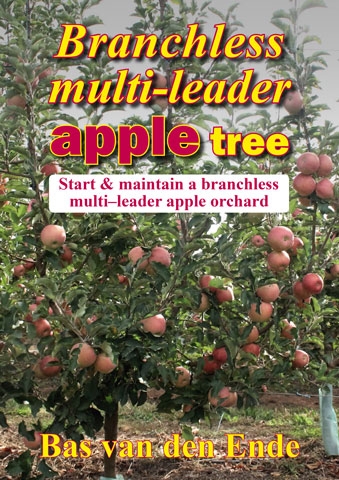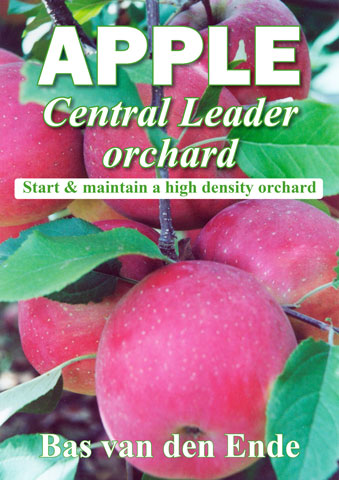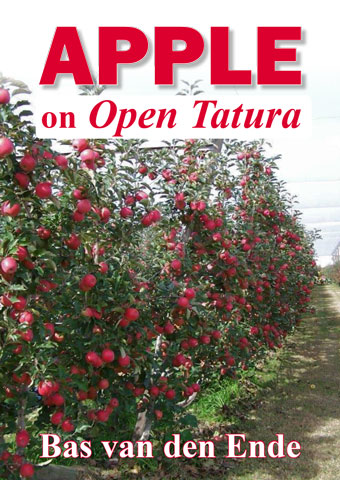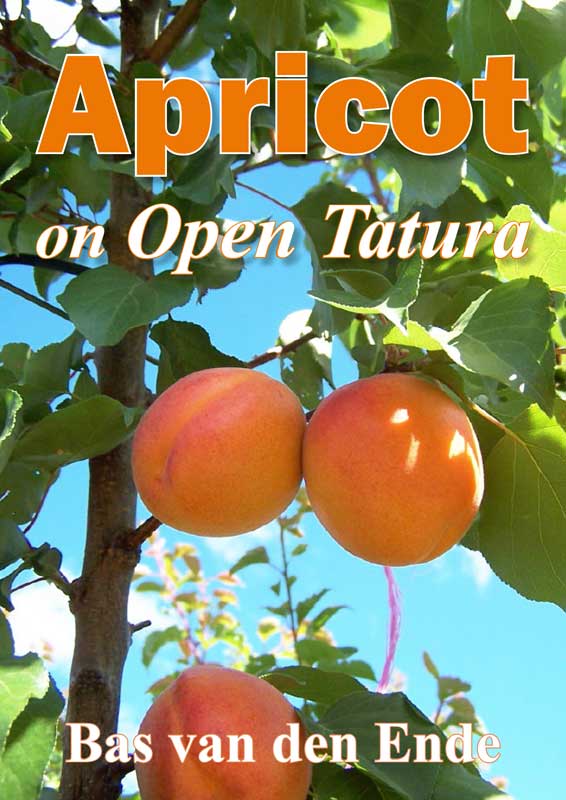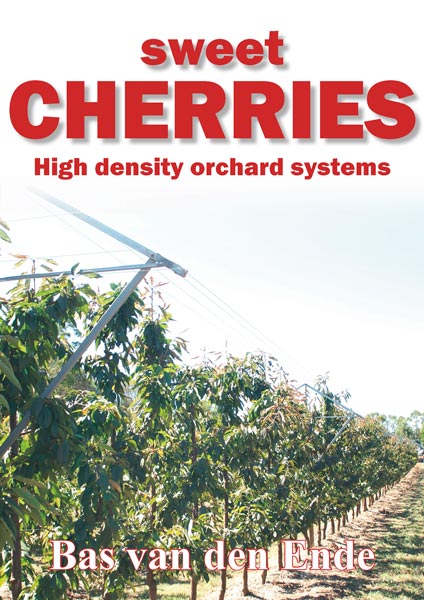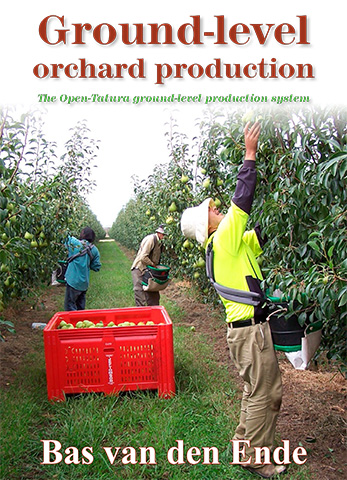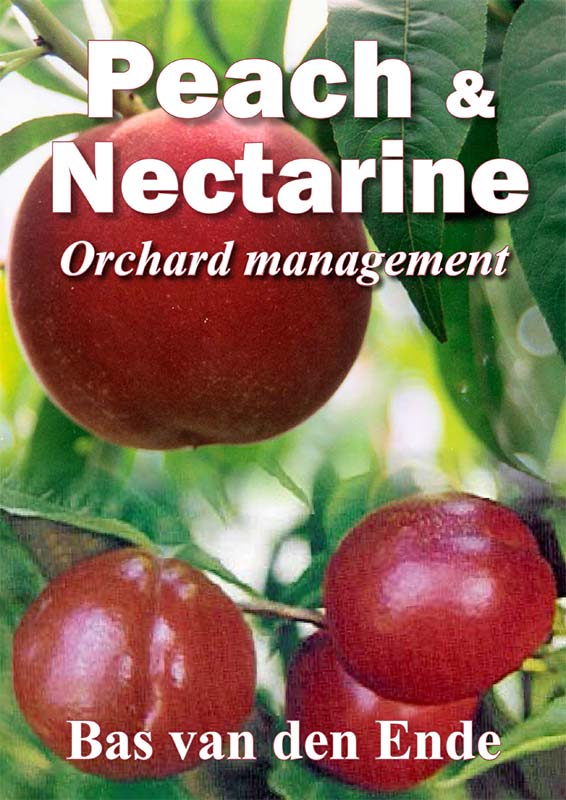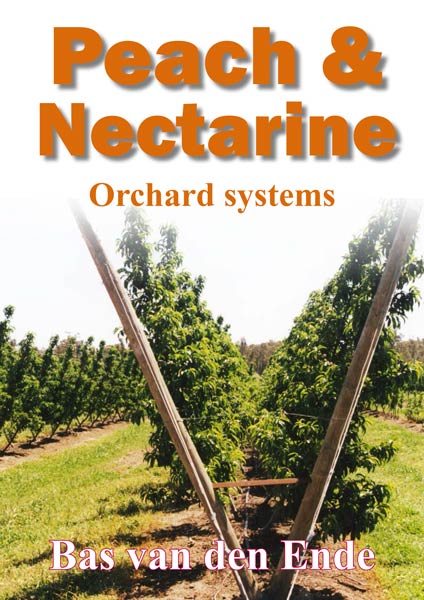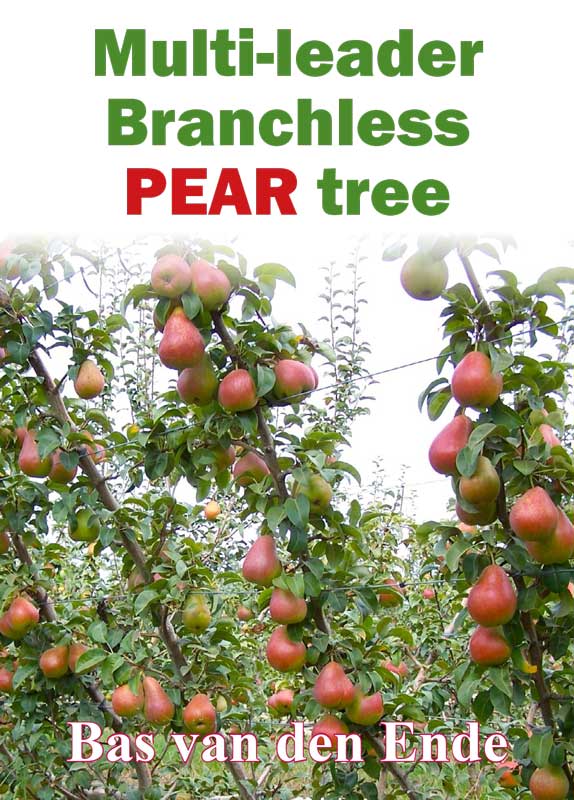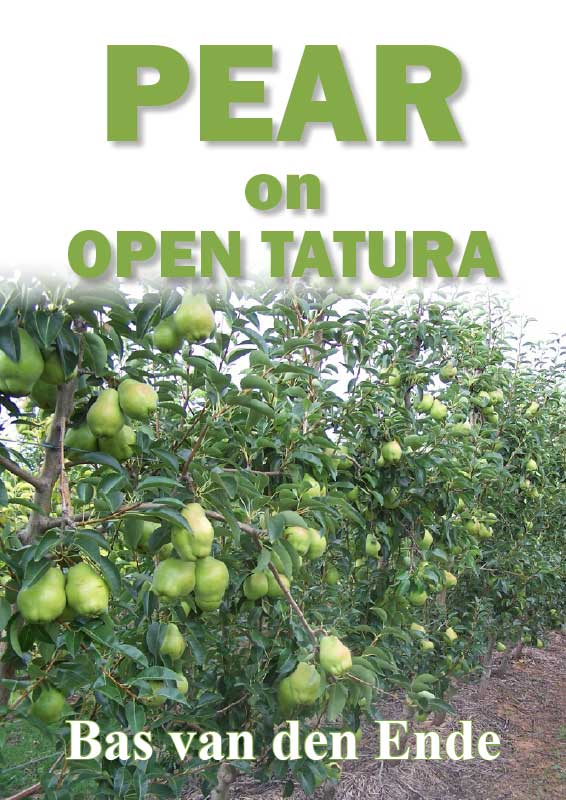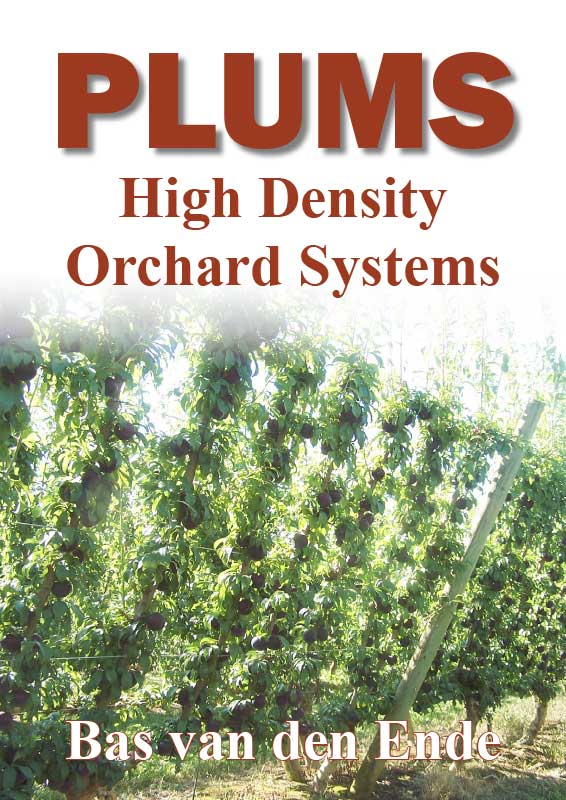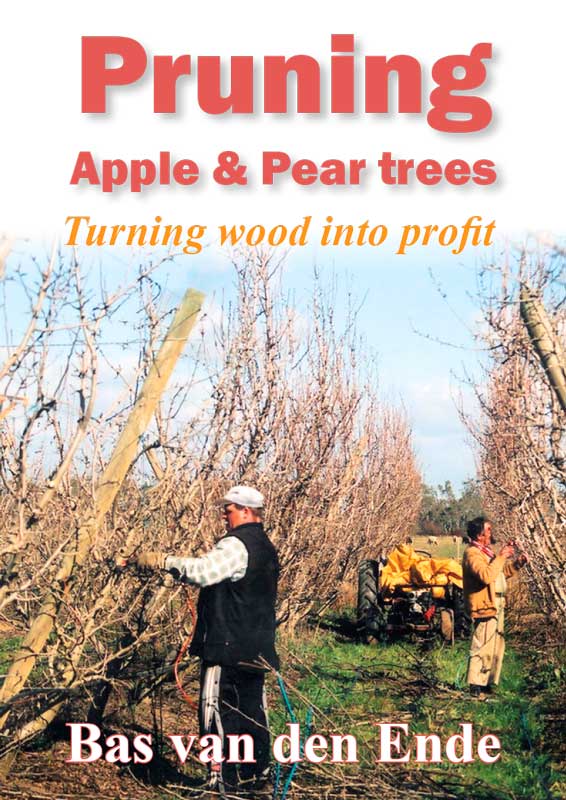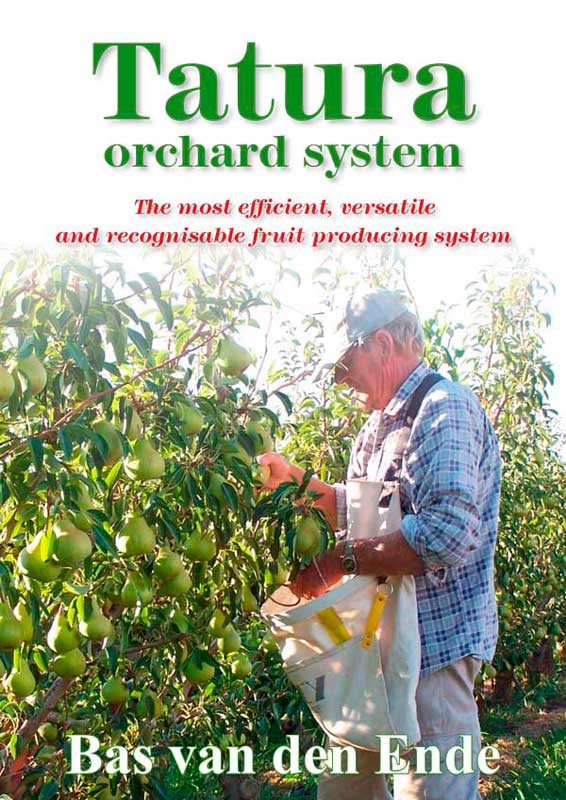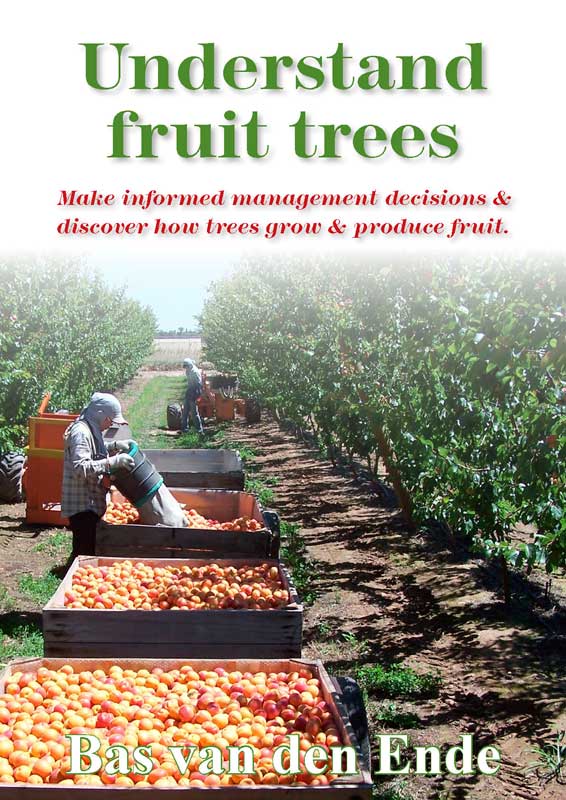Some fundamental elements: Transfer management control
As the farming son serves his apprenticeship and proves his worth, he can take increasing management control of the business.
This means jointly identifying elements of the business for which he can take responsibility and, although guiding him, letting him make some big decisions and learn from mistakes.
After many years running the business it can take courage and understanding for parents to gradually let go; but letting go means that—let the son have responsibility for the cheque book.
His decisions will either cost, or make, money and these outcomes should be freely reviewed and discussed.
Transfer ownership whilst leaving a viable farm to inherit
Let’s assume that full ownership of the orchard will pass to the son.
There are different ways in which this can happen, including being willed. However, whenever ownership transfer takes place it needs to happen in a way that still maintains the viability of the orchard.
It is usually not possible for the son to buy the farm from his parents and siblings without incurring significant debt that could test business viability.
It is important that everyone has a clear understanding of the orchard’s long-term viability because, other than a lottery windfall, the orchard is the only vehicle that will enable all members of the family to meet their expectations in respect of succession planning.
Non-farming Children
There is a general view that all family members participate in the development of an orchard business at some time, even if they don’t intend to stay there.
Harvest jobs, book work and many other tasks will have been performed by family members as they are growing up.
Therefore there is usually an expectation that each child will receive something from the business as part of succession planning. Non-farming children will receive something for the work they have put in, whilst the farming child will receive the business. Some issues arise from this:
- In the case of a lump-sum payment, it can be difficult to determine an equitable settlement for each non-farming child. The total of any such payments must be proportionate to the size of the business
- Perhaps a separate asset class, such as the parents’ eventual home in town or a superannuation balance, could be willed to non-farming children
- The timing of a payment may be as important as the size of a payment. For example, a daughter who needs $30,000 now to help buy a larger house because she is expecting another baby might find that option more valuable than receiving $50,000 at some indeterminate time in the future
- Commitments to non-farming children must not endanger the viability of the farm.
This whole field has the potential to cause sibling rivalries, depending on who is to get what. Open communication between family members can assist this process.
Planning for retirement
The working son who will inherit the farm needs to understand that if the farm is being willed to him he is responsible for supporting his parents in their later years if superannuation is unable to meet those needs.
‘Baby boomer’ parents can have some high expectations for living expenses these days.
I have also found that ‘retiring parents’ still need to feel part of the orchard business they are supposed to be retiring from.
Understanding is required on both sides: parents need to let the son get on with running the business (assuming the son has passed his apprenticeship); the son needs to understand that parents have a significant body of knowledge, and should be made welcome in the business they helped to create for him.
Parents look for choice at this stage in their lives—the choice not to come to work, or the choice to do some favourite job on the orchard today. Again, good communication is critical to good family relationships.
Concluding remarks
Searching the words succession planning on the internet will bring up many hits; and there is no shortage of material that a family can refer to in managing this process.
Further, it is an individual family process—what works for one orchard family business may not work so well in another.
Independent facilitator
Engaging an independent facilitator can assist family members gain a full understanding of all the issues, to ensure that each member’s voice is heard and that issues are dealt with as objectively as possible—although it is not always a guarantee of success.
Once the family has agreed on their objectives and needs, the technical experts, such as the accountant and lawyer, can then put the documentary and legal processes in place to implement the overall plan.
Start early
I have seen enough good and bad examples of succession planning to suggest that this process is something to address earlier rather than later.
If issues are put on the table in an honest manner, family members can devote time to finding solutions for the difficult elements.
See this article in Tree Fruit, October 2013


